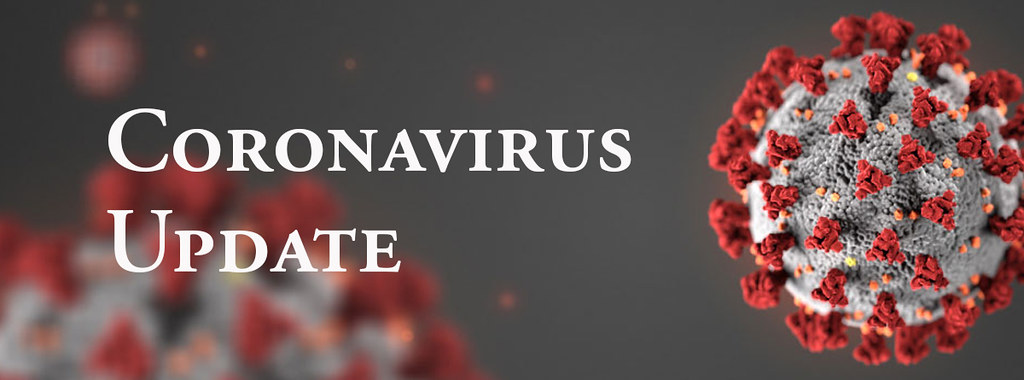Governor Kemp’s New Executive Order Concerning Coronavirus Provides Additional Guidance for the Construction Industry

On May 12, 2019, Georgia Governor Brian Kemp issued a new Executive Order (the “Order”) which provides a multitude of either suggested or required precautions to be taken by certain individuals, corporations, and entities in an effort to resume normal operations during the Coronavirus pandemic. The Order goes into effect May 14, 2020 at 12:00 a.m. until May 31, 2020 at 11:59 a.m. (the “Term”).
Generally, officials enforcing this Order are required to take reasonable steps to provide notice prior to issuing a citation or making an arrest. Before an official can close a business, establishment, corporation, or other organization for violating this order, they must have issued at least two citations for violations.
All residents and visitors shall practice social distancing, refrain from gathering in groups of more than 10 people, with exceptions, and are strongly encouraged to wear face coverings as practicable when outside their homes or place of residence.
In the context of the construction industry, the Order still uses the term “Critical Infrastructure” which was discussed in a previous post. Critical Infrastructure that continues its operations during the Term of the Order, shall implement measures which mitigate exposure and spread of COVID-19 and such measures may include, but are not limited to the following, which shall be implemented to the maximum extent practicable:
- Screening and evaluating workers who exhibit signs of illness consistent with COVID-19 such as fever over 100.4, cough, shortness of breath, sore throat, loss of taste or smell, etc.;
- Requiring workers who exhibit signs of illness to not report to work and seek medical attention;
- Enhancing sanitation of the workplace as appropriate;
- Disinfecting common surfaces regularly;
- Requiring handwashing or sanitation by workers at appropriate places within the business location;
- Prohibiting gatherings of more than 10 workers in a single location during working hours unless the workers in the location can maintain at least 6 feet of separation
- Permitting workers to take breaks and lunches outside or in other areas where social distancing is attainable;
- Implementing teleworking for all possible workers;
- Implementing staggered shifts for all possible workers;
- Holding all meetings and conferences virtually, whenever possible;
- Delivering intangible services remotely, whenever possible;
- Discouraging workers from using other workers’ phones, desks, offices, or other work tools or equipment;
- Prohibiting handshaking and other unnecessary person-to-person contact in the workplace;
- Open sales registers must be 6 feet apart
- Point of sale equipment should be frequently cleaned and sanitized;
- Placing notices to encourage hand hygiene at the entrance of workplaces and other areas where likely to be seen; and
- Frequently disinfecting Personal Identification number (“PIN”) pads, PIN entry devices, electronic signature capture, and any other credit care receipt signature capture devices if in use.
Other measures that Critical Infrastructure should implement if practicable are:
- Providing personal protective equipment as available and appropriate to the function and location of the worker within the business location;
- Providing disinfectant and sanitation products for workers to clean their workspace, equipment, and tools; and
- Increasing physical space between workers’ worksites to at least 6 feet.
It is important that workers on construction projects follow these guidelines along with those suggested by the CDC and OSHA to help prevent and slow the spread of COVID-19.
The WCZ COVID-19 Response Team offers 24/7 access to attorneys for our clients’ legal needs as this situation continues to evolve.

